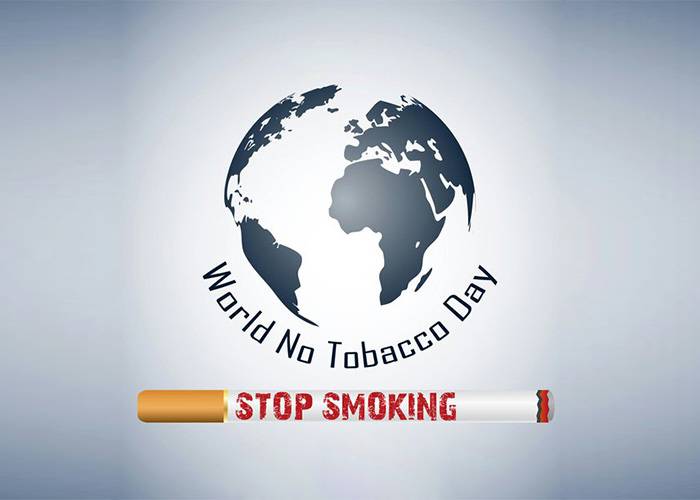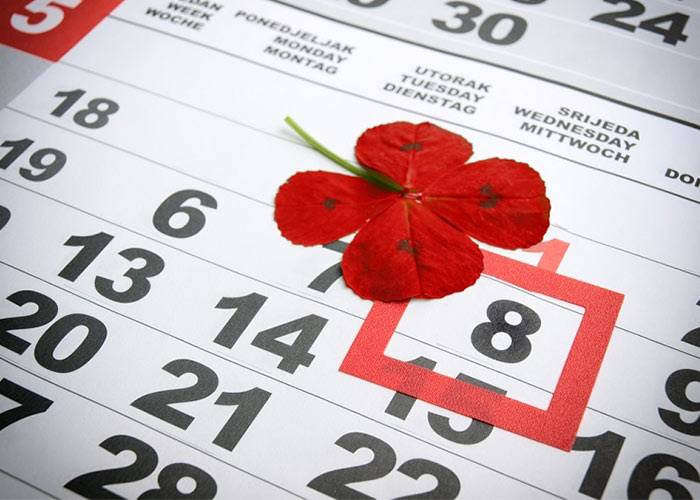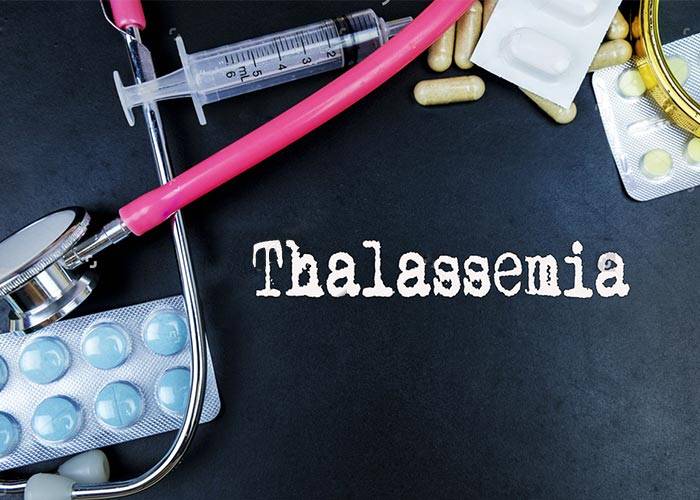Statistics show that there is around 370 million indigenous population around the world that resides in over 90 countries. Such population represents as many as 5,000 distinct cultures and speaks around 7,000 languages.
The International Day of the World’s Indigenous People is marked on 9th of August every year in order to preserve the legal entitlement of the indigenous population of the world. This occasion also identifies the contributions and achievements which these people have made towards resolving various world-based issues, including protection of the environment.
This day was initially announced by the United Nations General Assembly in the month of December in 1994, which also marks the day of the foremost meeting of the working group of the United Nations on the promotion and protection of rights of the Indigenous people in 1982.
International Day of the World’s Indigenous People 2019
International Day of the World’s Indigenous People, 2019 will be celebrated worldwide on 9th of August, Friday.
About Indigenous People
Indigenous people are also called native people, first people, autochthonous people or aboriginal people. They are basically the ethnic groups which are the primary inhabitants of a particular region, opposite to the groups that have occupied, colonized or settled the region more currently. Groups can be called indigenous when they are maintaining the cultures and other aspects of early traditions related to a particular region.
This does not mean that each and every person of the indigenous population has that characteristic as sometimes the native population become prone to adopting the colonizing culture’s substantial elements, such as religion, language, dress, etc. Indigenous people may exhibit an itinerant way of living across a huge area; however they are usually historically linked with a certain territory. The societies of indigenous people are present in almost all the inhabited continents and climate zones of the world.
Considering that indigenous people mostly face threats to their economical welfare, sovereignty and approach to their cultural resources, many international organizations like International Labor Organization, World Bank and the United States have set political rights for their welfare. The United Nations has also declared rights of such people for guiding the national policies towards the collective indigenous people rights like identity, employment access, education, culture, language, natural resources and health. Indigenous population has been estimated to be from 220 million to 350 million.
History of International Day of the World’s Indigenous People
The International Day of the World’s Indigenous People was officially announced by the United Nations General Assembly in the year 1994 in December, to be observed each year. It was pronounced during the initial International decade of the indigenous people of the world, i.e. from 1995 to 2004. The day was passed under the resolution 49/214 on 23rd of December in the year 1994. Initially, when this day was declared, it was designated with an intention to last for a little period but it is observed on 9th of August annually.
People from different nations are inspired to participate in celebrating the day to extend the message of United Nations to indigenous people. Activities may include classroom activities and educational forums to acquire recognition and a better understanding of the indigenous people.
Why International Day of the World’s Indigenous People is Celebrated?
The International Day of the World’s Indigenous People is celebrated to honor and recognize the resilience, pride, strength and dignity of the indigenous people worldwide. The day is designated to concentrate on safeguarding the rights of the World’s Indigenous population as well as appreciating their contributions made towards the global societies and the cultures, specifically on issues such as environmental protection.
Collaboration and connection is the key to it all. The day is celebrated with events around the globe along with a special forum at the United Nations Headquarters in New York. International Day of the World’s Indigenous People provides an opportunity to share empowerment and knowledge across cultures.
Theme of International Day of the World’s Indigenous People
Every year, the International Day of the World’s Indigenous People is celebrated with distinct themes, majority of which are focused on the rights and protection of the Indigenous people. The celebrations of 2017 were of particular significance as the year marked the tenth jubilee of the adoption of the rights of indigenous people, declared by the United Nations, which is the theme of the occasion.
The theme marks as a golden opportunity to pay a tribute to the indigenous people rights and also to their special contribution towards the achievement of peace, sustainable development and mutual understanding. The observance will be categorized into two sections;
> High level section including the interventions from the United Nations Permanent Forum’s Chairperson and the officials of the United Nations.
> Panel discussions on the challenges and victories faced in the execution of these rights in the past. Panel includes the indigenous professionals from various corners of the world and the government representatives.
How International Day of the World’s Indigenous People is celebrated?
The International Day of the World’s Indigenous People is observed annually on 9th of August. Various events are organized in different parts of the world to mark the day. Special events are also organized at the headquarters of the United Nations in line with the themes of the respective years which are open for the institutions of National Human Rights, organizations for the indigenous people, indigenous people’s friends and members of the Parliament. Live events of the celebration are forecasted on the website of the United Nations for the general public.
Information centers of the United Nations also mark the day with several activities and events. These centers organize events in various countries for the observance of the day. Some of the examples of the celebration of this international day by the United Nations Information Centers in 2017 are –
> In Columbia, the center partnered with the indigenous people National Organization for launching video campaigns for the promotion of several indigenous voices by the medium of mini documentaries and portraits. These were portrayed in television programs and cinemas all over the country.
> In Australia, the center worked with the Indigenous Center of Law, First Nations National Congress, Australia and numerous other partners on a program of capacity building for the indigenous groups to achieve the Sustainable Development Agenda for 2030.
> In the Republic of Congo, the center organized exhibitions on hand-made products crafted by the indigenous people and even public discussions were held where indigenous people shared their experiences.
> In Brazil, events were organized in Rio to commemorate the indigenous integration, culture and art.
The International Day of the World’s Indigenous People is also observed in India every year. Various programs are held in the country in line with the theme of the prevailing year. Symposiums rallies are organized in states like Tripura, where the tribal count is around 33% of the complete population. In rallies, people wear their folk attires to spread knowledge on the existence of the indigenous population.
Several state governments also undertake panel discussions on the rights of the indigenous population. Other activities include paying tribute to the martyrs, cultural events, collective dance, seminars on the problems faced by these groups, playing nagara drums and various others.
Suggestions for celebrating International Day of the World’s Indigenous People
In India, there are around 700 indigenous groups which consist of around 104 million population, according to the census of 2011. Our country contains the second largest indigenous population in the world (The largest population is included in Africa).
The major regions of the settlement of the indigenous people in India are the plains and highlands of its southern and central parts and the states of north-east bordering Burma and China. Out of which, 80 percent of the indigenous population is located in the former region. The government has been taking active measures to protect the rights of these people in the nation.
Here are some suggestions to celebrate the day in India –
> On this day, watch a movie on the life of indigenous people, their uniqueness, culture and how they are gradually being eradicated. Some of these include – The Dead Lands, Four Sheets to the Wind, Atanarjuat and Kanehsatake.
> Great books are available on the lives and experiences of the indigenous people from all age groups. You can read a knowledgeable book on this day and share your knowledge with your friends and relatives for them to get an understanding as well. Some of the suggestions are – ‘Am I Black Enough for you?’, written by Anita Heiss, autobiography of Sally Morgan- ‘My Place’, or ‘Finding Ullagundahi Island’.
> Make some donations towards the Survival International. Money donated towards the organization is utilized in the protection and survival of the rights of the indigenous people. It provides aid in defending their lives and lands, while helping them to determine their future.
> Study about the indigenous people, their languages and customs in your region.
> Raise awareness on several social media platforms by making use of the hashtags like #indigenous people, #internationaldayofindigenouspeople. You can also tag a particular group like #inca or#cree.
> Watch the official webcast of the International Day of the World’s Indigenous people celebrated in United Nations to deeply understand the importance of the day. The event is hosted at the headquarters of the United Nations.
> Plan a trip to any indigenous reserve that is located nearby. You can also plan an international trip to countries where majority of the population is indigenous such as Brazil, Guatemala, Peru or Bolivia.
> Follow IndigenousX on twitter. Each week this account has distinctive hosts. The account was launched in the year of 2012 with over 140 indigenous hosts sharing their insights, pictures and stories.
Conclusion
Indigenous people are largely excluded and neglected in the systems of the United Nations. ‘Indigenous people’ is also an abused term in India. Indian diplomats deny the existence of such groups in India. In the country, you can call them the Scheduled Tribes. Even there is no recognition of tribal population in our nation and these people are deprived of their basic human rights. The government must take active steps to promote their rights and these groups must also retain their identities and must not compromise with their culture and languages.
The International Day of the World’s Indigenous People serves as the best platform to raise awareness on the issues faced by the indigenous population in the country and works towards the promotion and protection of their rights. It is the day for self-evaluation and introspection charting the future path for improvement.






